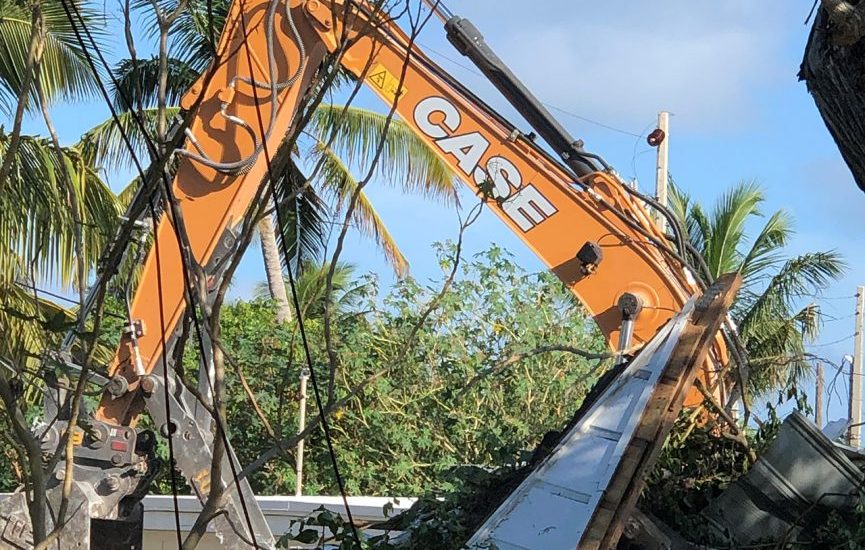- July 2, 2021
- Posted by: admin
- Category: Contractor Legal Information, Florida Contractor License

The following article was written by Miami Construction Lawyer Alex Barthet and appeared first on TheLienZone. It was re-posted with permission. For more information about Alex and his firm, please visit www.TheLienZone.com and www.Barthet.com.
See below for some great information on having a lien bonded off. Learn what it means when your lien gets bonded off, and what steps you need to take.
Do not hesitate to call us here at Licenses, Etc.! If we don’t have the information, we can find it for you!
A lien secures your right to be paid for any improvement you have made to real property or materials you have furnished for that purpose. The lien places a hold, called an encumbrance, on that property (or in some cases on a lease on the property) in an amount equal to the value of the improvements you provided.
When you have a lien, the legal process allows you to foreclose, which means to file a legal action to take the property or a share of its value for nonpayment. The court will determine whose position is correct in the case, and, if you are in the right, how much your lien is worth. If the court rules in your favor as the lienor, the property would be auctioned in a foreclosure sale. People would show up to bid on the property. And at that sale, you would be able to use credit in the amount of your lien toward buying the property yourself.
But maybe you just want money not a property to contend with. And that’s where bonding off your lien comes into play. In Florida, there’s a process to take a lien that exists on a property, remove it from that property, and place it on another security. That’s called “bonding off the lien.” Sometimes a contractor or owner, or even a subcontractor, has a contractual obligation to keep the property free and clear of liens. Any liens would be required to be bonded off.
If the property has no equity to pay you, maybe because the property has a large mortgage on it, you’re in a tough spot. But not if your lien is bonded off to another security. You can go after that security, instead of the property which may be encumbered by other liens or mortgages.
Here are a few instances in which bonding off could happen:
- A lender may require the property be kept free and clear of liens. If someone places a lien, it must be bonded off.
- If you do work on leased space, most leases state that the property must be kept free of liens. If someone does work and liens the property, the landlord will likely require the tenant to bond that lien off the property.
- Prime or subcontract terms. Say an owner has a contract with a general contractor. The general contractor has a contract with the subcontractor, and there’s a payment dispute between them, so the subcontractor asserts a lien on the property. The owner may have a contract provision stating that the general contractor must remove liens from the property – bond them off.
Now let’s explore how it’s done:
- The person bonding off the lien must post collateral of roughly 150 percent of the lien amount.
- It’s not straight dollar-for-dollar collateral because the extra amount is needed to cover anticipated legal fees, costs, and interest.
- That collateral will be in the form of either a surety bond or cash to the county clerk, who effectively holds the money.
While it’s a good thing if your lien is bonded off – as it provides a more secure path to payment – you should still be prepared for a fight. If someone has gone to the time and expense to bond off your lien, they probably don’t want to pay you. Typically, you will have to file a lawsuit to foreclose on the lien that has been transferred. The process is the same, but it ends with the clerk who has actual dollars to secure your lien. In many instances, a better result.
At Licenses, Etc., we offer a fast and easy contractor license application process for our contractor clients in Florida and other states. We are a Florida contractor licensing company. Contact us at Licenses, Etc., to get your Florida contractor’s license today by clicking Florida contractor’s license page or calling 239-777-1028.
Leave a Reply
You must be logged in to post a comment.
